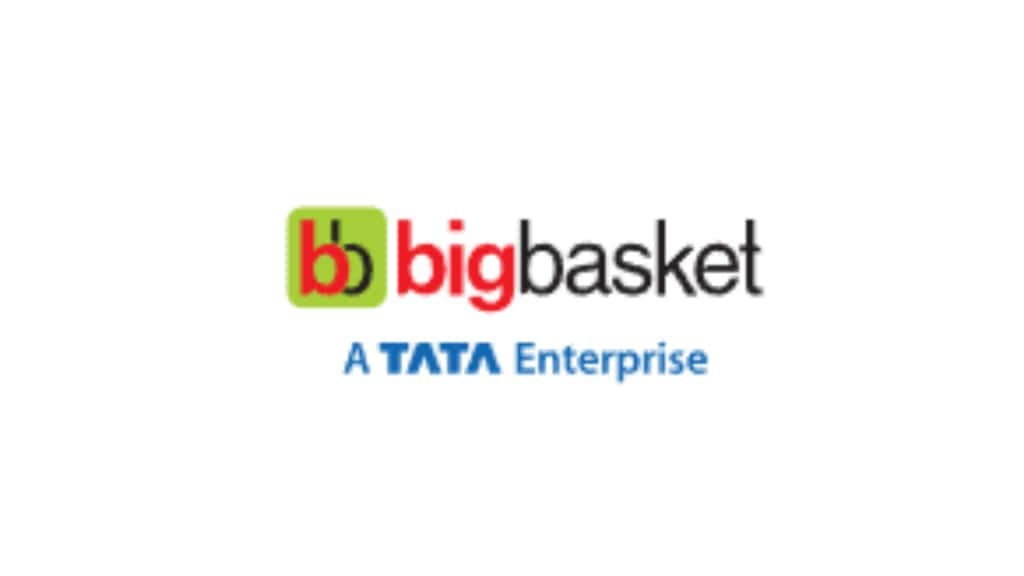As competition in the quick commerce space heats up, bigbasket is doubling down on its expansion strategy. The company is investing in larger dark stores, diversifying its category offerings, and leveraging partnerships with Tata brands to strengthen its position. Hari Menon, co-founder and CEO of bigbasket, tells S Shanthi about the company’s rapid transformation, its edge in the market and what’s next. Excerpts:
What is the percentage of orders from bigbasket now and scheduled deliveries?
Currently, 80% of our orders are from bigbasket now, with the remaining 20% from scheduled deliveries. Our blended (slotted and quick commerce) average order value is the highest in the industry, at around `850. From a run rate perspective, we handle around `1,200 crore in gross order value (GOV) monthly, translating to an annualised `14,400 crore.
What prompted the shift towards larger dark stores, and how has this transition progressed?
We made two key strategic shifts. First, while we have become a predominantly quick commerce company, we continue to offer scheduled deliveries for larger, planned purchases. Second, we are moving towards larger dark stores to accommodate an expanded assortment. Earlier, our stores were 2,000-2,500 sq ft. Now, we are rolling out 4,000-5,000 sq ft stores, replacing smaller ones. Of the 500+ stores we operate today, 300 are already larger stores. By April 2025, we will replace the remaining 200, and by July, we aim to have 700 large dark stores by adding another 200 new ones.
What category expansions are on the horizon for FY26?
We are launching instant food delivery on the same app next month. By mid-FY26, we will introduce heavy appliances like washing machines and ACs, delivering them within an hour from 200-300 stores, ensuring citywide coverage. Scheduled delivery will also be available for these items. Additionally, we will launch medicine delivery in May. Electronics, including mobile phones, accessories and small appliances, will continue to be a focus. These expansions will be enabled through partnerships with Tata brands: Croma for electronics, Tata Cliq for luxury and fashion, and Tata 1mg for pharmaceuticals. More category expansions will follow through Tata brand collaborations.
bigbasket now is delivering in as little as 6 minutes in some locations. How was this achieved?
While our average delivery time is under 10 minutes, certain locations are hitting 6-minute deliveries. This has been possible through two primary strategies. Increasing the number of dark stores to be closer to customers. Optimising back-end processes, cutting picking and packing times by half. Delivery time isn’t just about the rider’s journey; it starts with order processing at the dark store. By fine-tuning technology and processes, we have been able to bring down delivery times significantly.
When do you expect bigbasket now and the overall business to achieve profitability?
Our scheduled delivery business remains profitable. For bigbasket now, the contribution margin is currently negative due to dark store expansion. However, it will turn positive by June 2025.
How are tier 2, 3 and 4 cities adapting to quick commerce?
We operate in 30 tier 2, 3 and 4 cities, where we are transitioning to larger dark stores. We currently have 90 stores in these geographies, with 30 already upgraded. The remaining stores will be converted by April 2025, and we plan to add 200 more stores in these cities by year end. Cities like Vijayawada, Visakhapatnam, Cochin and Nagpur are performing well. While traction is strong across all 30 cities, profitability will take longer. We need to surpass 1,000 daily orders per city, and we are scaling up to reach that mark.
How many stock keeping units (SKUs) do you currently have, and how will that evolve in FY26?
We are becoming a multi-category player. Right now, grocery and other categories each account for about 50% of our SKUs. With larger dark stores, we will be able to accommodate 25,000-30,000 SKUs per store, up from the current 10,000 SKUs.
How many dark stores have turned profitable so far?
Larger dark stores are reaching profitability faster. Currently, 110 large stores are profitable, and another 150 will turn profitable by next month.
bigbasket’s revenue from operations grew 6.27% to `10,061.9 crore in FY24. What is your revenue target for FY25?
We expect to close FY25 at approximately `12,000 crore in revenue from operations.
What are your growth plans for private labels and your B2B arm, BB Sathi?
B2B remains steady, contributing `250 crore per month, or `3,000 crore annually. Private labels, including Fresho, BB Royal, BB Popular and BB Home, account for 35% of our total revenue.
With increased competition in quick commerce, what gives bigbasket an edge?
While many players offer similar services, our key differentiator is our diverse and distinctive assortment, powered by Tata brand partnerships. This, combined with the trust and reliability bigbasket has built over the years, gives us a strong competitive advantage.


